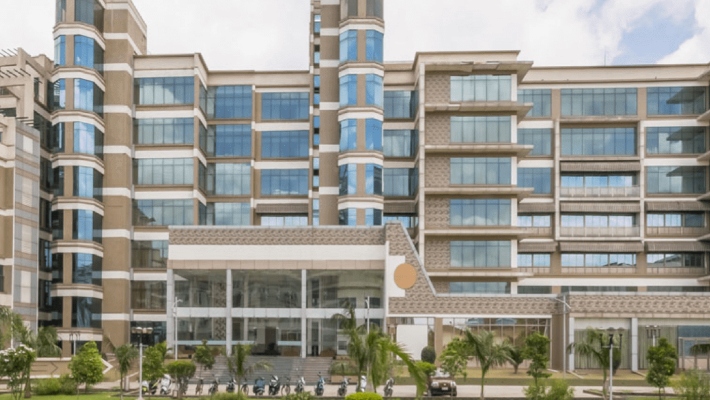Should Budget restore residency rule for NRIs?
As of May 2024, the Indian diaspora remains the largest in the world, with 35.4 million non-resident Indians (NRIs) and People of Indian Origin (PIOs) residing abroad, primarily in the UAE and the US. However, changes in tax residency rules introduced by the Finance Act, 2020, have drawn criticism from experts and industry groups, including the Bombay Chamber of Commerce and Industry (BCCI), for adding complexity without significant revenue benefits.Key changes in tax residency rulesThe Finance Act, 2020, altered the extended residency provisions under Section 6(1) of the Income Tax Act. Previously, NRIs and PIOs were considered non-residents if they stayed in India for less than 182 days during a financial year, even if their cumulative stay in the preceding four years exceeded 365 days. The amendments introduced a graded residency framework:NRIs/PIOs are treated as non-residents if their stay in India is below 120 days, irrespective of income.Those earning less than ₹15 lakhs in India and staying for fewer than 182 days continue to be classified as non-residents.NRIs/PIOs earning over ₹15 lakhs and staying in India for 120–182 days are classified as “not ordinarily residents,” making their India-sourced income taxable at rates applicable to residents.Ravikant Kamath, Partner at EY-India and Chairman of the Direct Taxation Committee at BCCI, highlighted the increased compliance burden on NRIs and PIOs. “Earlier, they simply needed to ensure their stay in India was below 182 days. Now, they must monitor their India-sourced income and stay over the preceding four years,” he told TOI’s Lubna Kably.Kamath also noted that the policy disproportionately affects individuals earning more than ₹15 lakhs in India, as their incomes are taxed at resident rates, which are higher than the non-resident rates.What Budget 2025 can doIn its pre-budget submission, the BCCI criticized the amendments, stating that they fail to achieve the intended objective of taxing global incomes of individuals conducting substantial economic activity from India while maintaining non-resident status. The memorandum argued that:Targeted individuals can easily avoid the tax by limiting their stay in India to under 120 days.The lower threshold negatively impacts indirect and direct tax revenues from sectors like travel and hospitality.A reduced stay threshold discourages wealth creation, investment, and spending in India.The BCCI has called for a rollback of the changes, citing their limited revenue impact and potential to harm India’s economy. The organization emphasized that a more practical approach is needed to balance tax collection with encouraging NRIs and PIOs to engage with India’s economic ecosystem.
Read more
Source: The Economic Times








